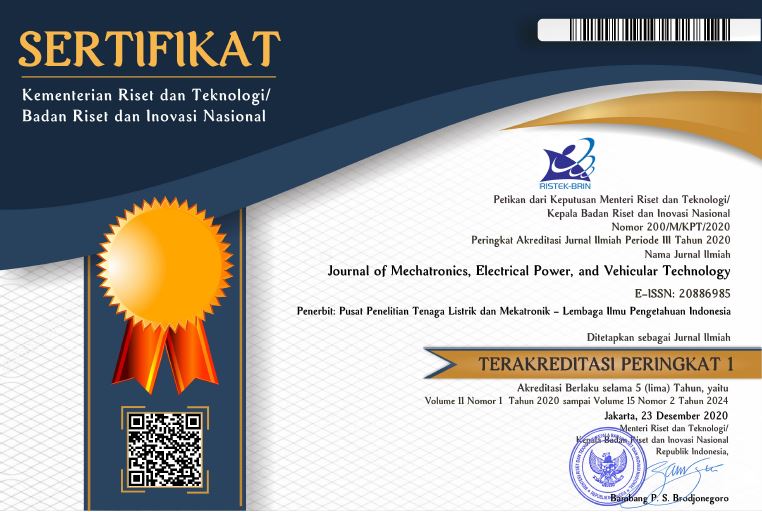Pengurangan Subsidi BBM dan Polusi Udara Melalui Kebijakan Program Konversi dari BBM ke BBG Untuk Kendaraan di Propinsi Jawa Barat
Abstract
The number of vehicle that use oil (BBM) is increasing every year in Indonesia while national oil reserve become smaller, so that the oil should be imported. The impact of using oil are increasing subsidy and air pollution. Thus, it is now becoming important to replace oil with another environmentally friendly energy, one of them is gas (BBG). Based on the number of vehicle and infrastructure in gas pipeline, part of northern West Java potentially can be chosen for the implementation of conversion program to gas (BBG). The number of vehicle in potential regions such as Depok, Cibinong, Bogor, Bekasi, Cikarang, Karawang, Purwakarta, Cirebon, and Bandung are around 875,505 units. From these data, we simulated the potential profit to be gained each year by converting 10% for the first year and increasing it to 5% for every year. By investing 3.16 trillion for conversion, 14.9 trillion can be achieved in the form of fuel subsidy savings. In addition, emission reduction converted to a CDM (clean development mechanism) can become local revenues. Total CDM generated during 5 years predicted is of U.S $ 772,385. From this study, it can be concluded that converting oil (BBM) to gas (BBG) is highly beneficial.
Keywords
Full Text:
PDFArticle Metrics
Metrics powered by PLOS ALM
Refbacks
- There are currently no refbacks.
Copyright (c)














